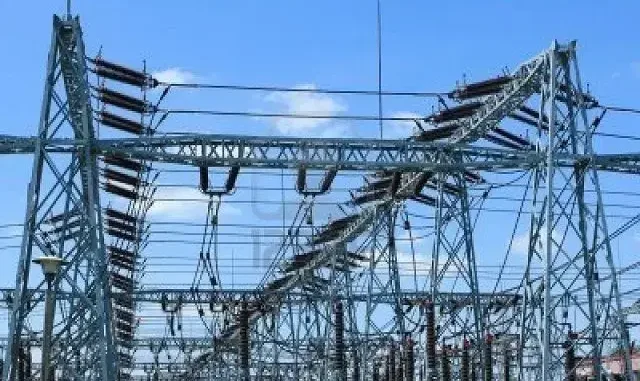

SMEss, or small and medium-sized businesses, are the foundation of the Nigerian economy. They boost innovation, provide jobs, and make a sizable GDP contribution. But a major obstacle to its viability is the Federal Government’s (FG) recent hike in power rates. The possible effects of this increase on Nigerian small enterprises are examined in this paper.
Enhanced Expenses of Operations:
SMEs frequently have extremely narrow profit margins and must carefully balance their costs and revenues in order to survive. Their revenues will be severely impacted by the added cost of rising power bills, leaving less money for important things like staff pay, growth plans, and business investments. This financial burden may prevent people from developing to their full potential by impeding growth and development.
Diminished Competitiveness: Small enterprises already have a difficult time competing with bigger companies, who can invest in energy-efficient technology and enjoy the advantages of economies of scale. This disparity might get much wider with rising power bills. A larger rival that has invested in more energy-efficient ovens or alternative sources of energy will experience a considerable decrease in production costs compared to a bakery that uses electric ovens to create its items. Due to this, SMEs may find it more difficult to compete on price, particularly in sectors where customers are very price-sensitive. Their capacity to invest in marketing and advertising may also be restricted by the increasing financial load, which would make it more difficult for them to contact consumers and become established in the market.
Possible Repercussions:
Price Increases for Customers: Some SMEs may be obliged to increase the cost of their products and services in order to cover the extra burden of rising power costs. Customers may witness a rise in the price of necessities as a result, which might have a domino effect. Inflation may result from this, further taxing household budgets and perhaps lowering consumer spending. This may have a knock-on effect on the whole economy as lower consumer spending may result in fewer company sales, which would then affect the economy even more.
Decreased Production and Job Losses: Companies that rely heavily on energy resources could have to reduce their output or even close down completely. Job losses and a drop in economic activity may result from this.
Limited Investment in Energy Efficiency: Although some companies may eventually make investments in energy-saving technologies, their current financial struggles may prohibit them from doing so at first.
Advice

Government Support: To help SMEs deal with the growing cost of power, the government may think about providing financial aid or tax incentives.
Investment in Alternative Energy: Long-term cost reductions and a reduction in dependency on the grid can be achieved by policies and incentives that encourage SMEs to embrace solar power, generators, or other alternative energy sources, including wind turbines or biogas digesters. Recently, there has been a dramatic decrease in the upfront prices of solar electricity, making it a clean and sustainable choice. Businesses who are situated in windy regions may find wind turbines to be a feasible alternative. On the other hand, biogas digesters are useful for turning organic waste into biogas fuel, which is especially advantageous for companies that produce a lot of food waste. By investigating these options, SMEs can have the ability to regulate their energy usage and become more energy independent.
The escalation of electricity rates is a noteworthy obstacle for small enterprises operating in Nigeria. A flourishing Nigerian economy depends on SMEs, and stakeholders may work together to ensure that these businesses continue to expand and succeed by investigating options for mitigation and recognizing the possible effects.

Be the first to comment